Based in Delhi, Chitra is an editorial consultant for The Hindu Business Line. She has earlier worked with leading newspapers and magazines, including The Economic Times, Business Standard, Times Internet, Businessworld, Business Today and Mint. She is also the author of From Oberoi To Oyo, which talks about the innovation, disruptions and challenges that define the Indian hotel industry. The book is based on the author’s years of observation of the industry and interactions with key stakeholders. We talk to Chitra about her life in journalism, her book, the hotel industry in India and some of her favourite authors.
You have worked as a journalist for three decades, which is a long time. Tell us a bit about the journey. Professionally, what have been some of the key highlights for you in the last 30 years?
The early part of my journalism career was great fun. I started out interning with The Sunday Times of India in 1991 and in that one month internship probably learnt far more than what I learnt in journalism school. Thanks to the kindness of Sumir Lal, who set me to work on dummy copies, painstakingly corrected them, assigned me to collect snippets, and asked me to shadow a reporter who was covering the Saharanpur Riots, I got first hand practical experience in both editing and reporting. That kind of mentoring and internship is sadly lacking today in journalism.
After that, I did some sports features for Sportsworld and, informally, worked for a couple of months at the Delhi bureau of Pakistan’s Daily Jang group which had just launched an English paper called The News International. There were three of us youngsters whose job was to turn out features of interest to an audience in Karachi. Those were very open, warm, no conflict days and I remember being startled when colleagues from across the border who we had never met brought generous gifts for us. It was a short-lived stint as by then I got an offer from The Economic Times and joined the Sunday features section.
Although I have worked in business publications all my life, for the first decade I actually did not cover business, mainly doing quirky features, profiles, lifestyle pieces, book reviews, sports features and so on. It was in 2000 during the first heady phase of the Internet boom when I joined ET.com in order to acquaint myself with the dotcom world, that I experienced the pressures of filing instant news copies, and covering business.
Later, I opted for a flexible 3-days-a-week retainer at Businessworld editing copies. In my free time at home, I took on book projects and documentation projects. Two memorable projects were documenting how bamboo changed an arid landscape, for the organisation INBAR, and producing a coffee table book for Scindia School in Gwalior, capturing its over 100 year heritage. The book is called The Fort Pupils. I think writing those books helped me structure my own book later.
Can you share your views and thoughts on how journalism has evolved in India in the last 2-3 decades? How is being a writer/editor now, different from how it was back in the 1990s and even the early- to mid-2000s?
Journalism certainly has changed hugely since the time I joined the profession. We were part of the always on field generation. You had to go meet people and see things personally before writing. I remember one of my editors famously asking a colleague who turned up in office, ‘do you have a story?’ When he said no, the editor sent him out, saying ‘don’t return until you have a story.’ Today, you can do everything on the phone and research on the Internet (and sometimes get it wrong thereby). The colour and flavour are often missing. You compete with social media and bloggers who have better skills in video. We used to struggle to get news, and find interesting features. Now there is so much, with the PR fraternity inundating you with thousands of pitches, that the struggle is to choose which to follow. Now, actually, the news is plenty, but the fight is to find an ‘exclusive.’ In terms of editing and packaging stories, I think we spent far more time on captions, headlines, blurbs etc. in the old days – now I don’t see that same quality.
Internet media poses a challenge, yes, but print in India will always stay, as its credibility is much higher. However, print has to find different, innovative angles (AI is coming to the help here) to the same story, or present it differently. There is the rise of the ‘personal brand’ in print media. Opinion writers with a huge following on social media whose pieces are looked forward to have carved a niche for themselves. Although news gathering and dissemination is more challenging now, it is also more exciting. For instance, as a print media journalist I have to think of a story in many different ways – one, how it will be presented in print, secondly , how it will be on the web, and third on the mobile. So you will have to do a podcast to accompany your story, write the headline differently for the web (it has to be straight, no frills, with the right keywords) to optimise for search engines, and differently for print to make it catchy and hook the reader.
For how long have you been tracking the hospitality industry in India? Compared with when you started covering this beat, what are the key areas in which the Indian hospitality industry (more specifically, the hotel industry) has changed and evolved?
I started tracking the hospitality industry seriously only in 2013 or so, when I was at Businessworld. Actually, hotels mostly used to be the purview of lifestyle journalists earlier, but the business action – mergers, expansion, entry of foreign chains, big money being pumped in and marketing innovations, made it an exciting business beat. The big change in the hotel industry is that a whole new set of entrepreneurs, with no history of having run hotels before, have entered the field and disrupted it. The online travel agencies (OTAs) have been bigger disruptors. Consumer behaviour has changed – people have become picky and demanding when choosing hotels.
A major challenge facing the hotel industry post pandemic is one of ‘service.’ Good talent is migrating away from the sector – especially after the way the industry was at a standstill with locked doors and layoffs. Now when you go to a hotel, you meet fumbling staff that is raw or demotivated. This is despite the huge demand pick up the industry has seen. Also, post pandemic, travellers, even senior citizens and those initially wary of homestays, have really taken to the Airbnb segment, especially because of the price and location advantage – so hoteliers have to up their game. And the customer is very savvy and choosy today – one study found that a potential guest looks at over 40 touchpoints before deciding on a hotel, not just five or six like earlier.
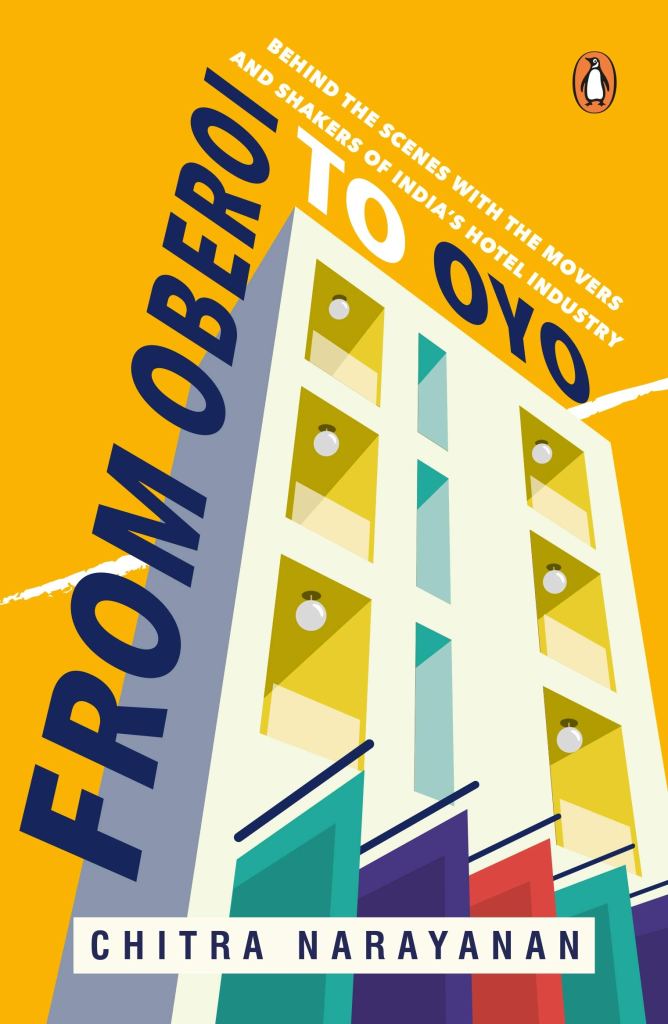
What was it that inspired you to write From Oberoi to Oyo? What was the hardest thing about writing the book?
I did a few big stories on the hotel sector when I was at Businessworld and at Business Today, which aroused myinterest in the sector. There were so many fascinating stories of how hotels had come up, of the people in the industry and how hotels were evolving. In a 1,000-word print article it is tough to capture the action. I really would not have bothered with a book though if Kanishka Gupta [a well-known literary agent] had not contacted me and urged me to write a proposal. To my surprise, the proposal was accepted by Penguin.
It was by no means easy writing the book, though I had it all in my head. I started out enthusiastically, and the interviews and visits were exciting, but when writing is your full-time job, to do more writing suddenly looks like a chore. I struggled to meet deadlines.
It was heart-warming the way many people in the industry went out of their way to help. Particularly would like to name Dilip Puri, former chief of Starwood Hotels in India, and Aman Nath. The fact that they were enthused, motivated me to complete the book, even when I was struggling. Also, TCA Srinivasa Raghavan, who was a tough critic. For me it was an eye-opener also to meet regional hoteliers – that’s a section I wish I could have fleshed out but I did not have the budget or time to travel for it. A lot of juicy gossip unfortunately did not find its way in the book. Hope someone writes a more candid book on this industry someday!
What is your take on the entry of global players into the luxury hotel segment in India? How well do you think are homegrown giants placed to take on international competition?
The entry of the global brands actually forced Indian players to put in place better processes, systems and become more standardised. Also, it forced them to think more about branding. I think the result has been that the Indian players have become far better – their service was always better, as hospitality is ingrained in our psyche, but what was lacking was standardisation. For customers, it has given them more choice. Things like loyalty points, which the foreign chains do better, have helped customers.
Initially, in terms of luxury, I think customers were swayed by the foreign names but with experience discovered that Indian chains do it better. Though, the foreign chains have also adapted well to the Indian market, offering more frills here than they would do so in western markets. So both have benefitted as well as the customer.
What’s your own, personal opinion of Oyo and Treebo? Have these hotel networks made things better in any way for travellers, especially those looking to stay in budget hotels? In view of the prevalent malpractices in these hotel networks, do you think Oyo / Treebo should be more stringently regulated?
As far as Oyo is concerned, I think the idea and intention was really good. To standardise the budget offering, a category that was utterly ignored by big hoteliers (except perhaps for Tatas with Ginger, though they were too slow). But Oyo’s execution has been faulty. Despite the adverse customer reviews, Oyo actually has made travel easier for sales forces, and those forced to do unplanned travel. It has messed up big time on its relationship with hotel owners – I think this is because their focus was too much on tech and achieving scale, rather than on hospitality, service and quality. This is a people business run on relationships and good service, and you cannot forget that.
The trouble with technology is that although it can really be a game changer, there is a dark side to it too. You can manipulate algorithms to show up a hotel preferentially, put in cooked up reviews etc. Regarding the need for regulation – The Competition Commission of India has slapped big fines on Oyo and Make My Trip. So, there are adequate mechanisms. And social media is a great leveller – the true picture will eventually emerge and customers will reward the deserving and punish the bad.
Over the years, for your work and for your book, you must have spoken to a fair number of hoteliers. What is their take on Airbnb? Did they even see it coming?
Indian hoteliers were in denial about Airbnb for a long time. Dismissed it as a western phenomenon, no threat etc. Unlike the international chains which actually tried to get into the area either through investments or organically. Think One Fine Stay in which Hyatt and later Accor invested. Or the way Marriott started its own homes and villas section. Now, finally Indian chains, especially the Taj, is getting into it in a considered way. But hotels and homestays are two different operations actually, so I feel it is best to focus on your own turf.
What kind of books do you like to read? Any favourite authors?
I used to read a lot and indiscriminately. Anything and everything. Now I read far less. Also unlike earlier when I read more fiction, and less non-fiction, now it is the other way round. Apart from distractions I feel that not having a library membership any more has impacted my reading. I have a Kindle Unlimited subscription but it’s not the same as sitting in a library browsing, borrowing two books and finishing them in a two-week deadline. I do buy books but they sit unread or half-read for long.
I have a partiality for humour (PG Wodehouse, Saki, Richard Gordon, Richmal Crompton’s William Series), the works of Somerset Maugham and AJ Cronin, crime thrillers and regency romances (Georgette Heyer). Among Indian authors, I really like Anuja Chauhan’s books – like the humour, the crazy plots and how she is so with it. She brings her ad agency copywriting skills to her writing I think. Also liked Arunava Sinha’s translations, which have given me a chance to read some great Bengali books in English. Nowadays I read more non-fiction, especially business books. Shoe Dog by Phil Knight is a favourite.
What are the two or three most memorable books you’ve read in the last 1-2 years? Any books that you’re particularly looking forward to reading in 2023?
Have read a lot of good books lately. But I have loved the books on Internet subculture and the new work culture. Videocracy: How YouTube is Changing the World, No Filter – the Inside Story of Instagram, Billion Dollar Loser: The Epic Rise and Fall of WeWork. This year I want to read some of the Malayalam and Tamil books that have been translated into English. Have bought Kalki’s Ponniyin Selvan but only making slow progress, I must confess.

More Stories:
adventure advertising Allahabad Apple astrology audiobooks Banaras best-of lists Bombay book marketing business Calcutta cheap reads cityscapes corporate culture design fiction food Hinduism hippies history India Japan journalism journalists libraries literary agents memoirs memories money Mumbai music my life with books Persian photojournalism Prayagraj publishers publishing science-fiction self-help technology travel trends Varanasi wishlists


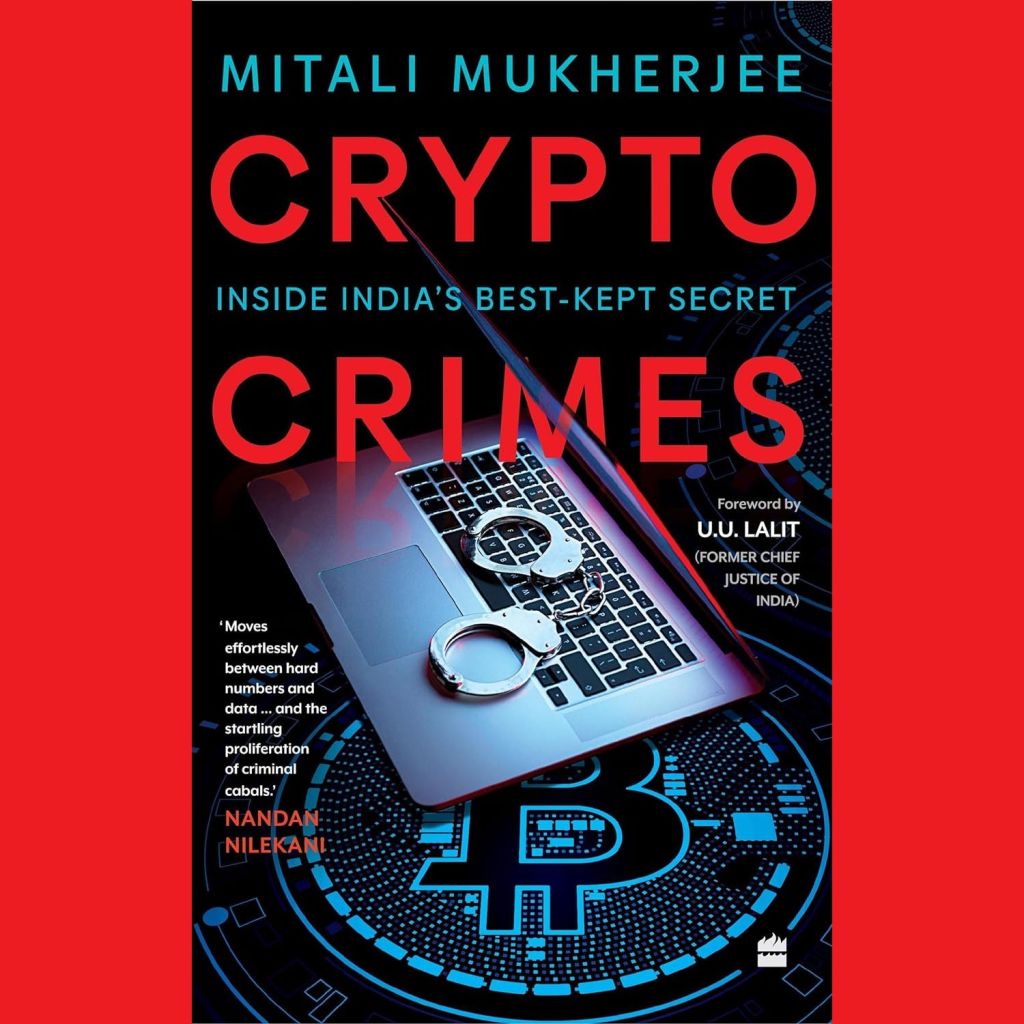
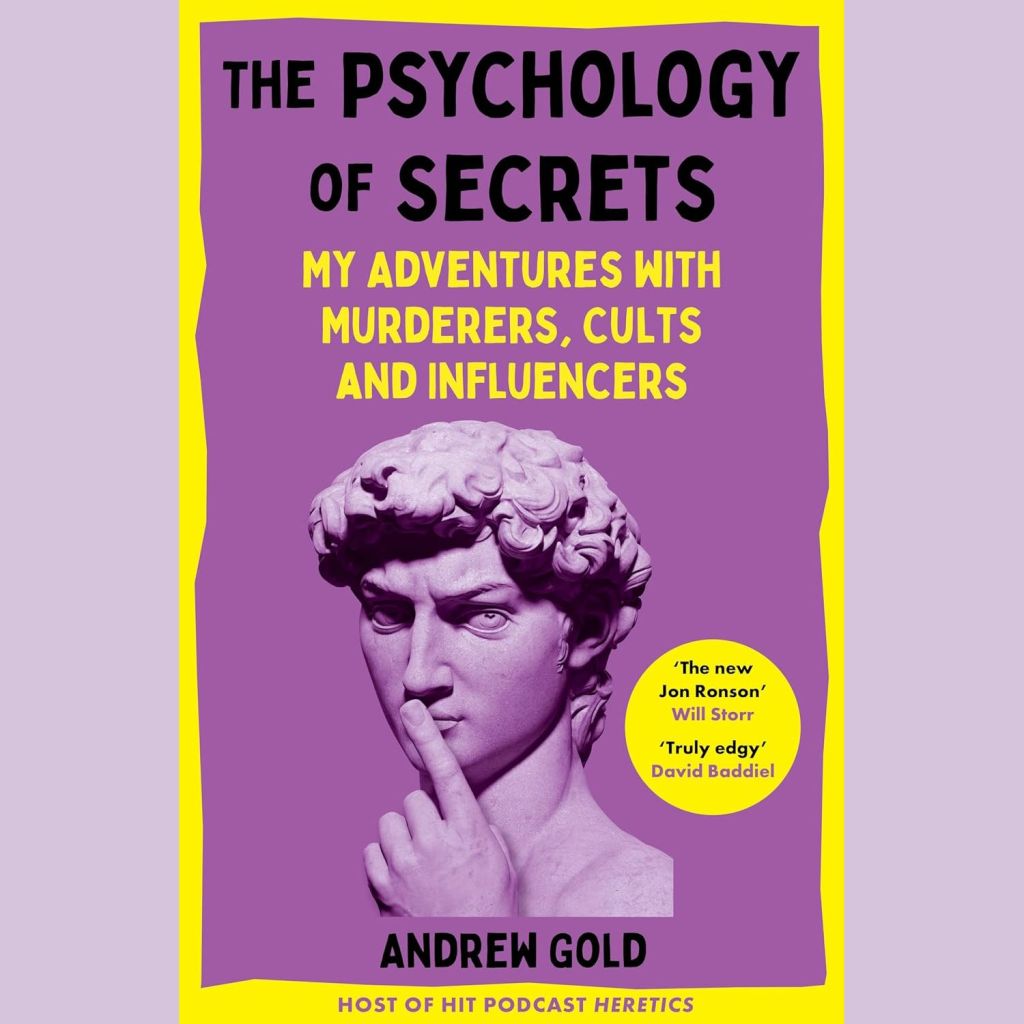
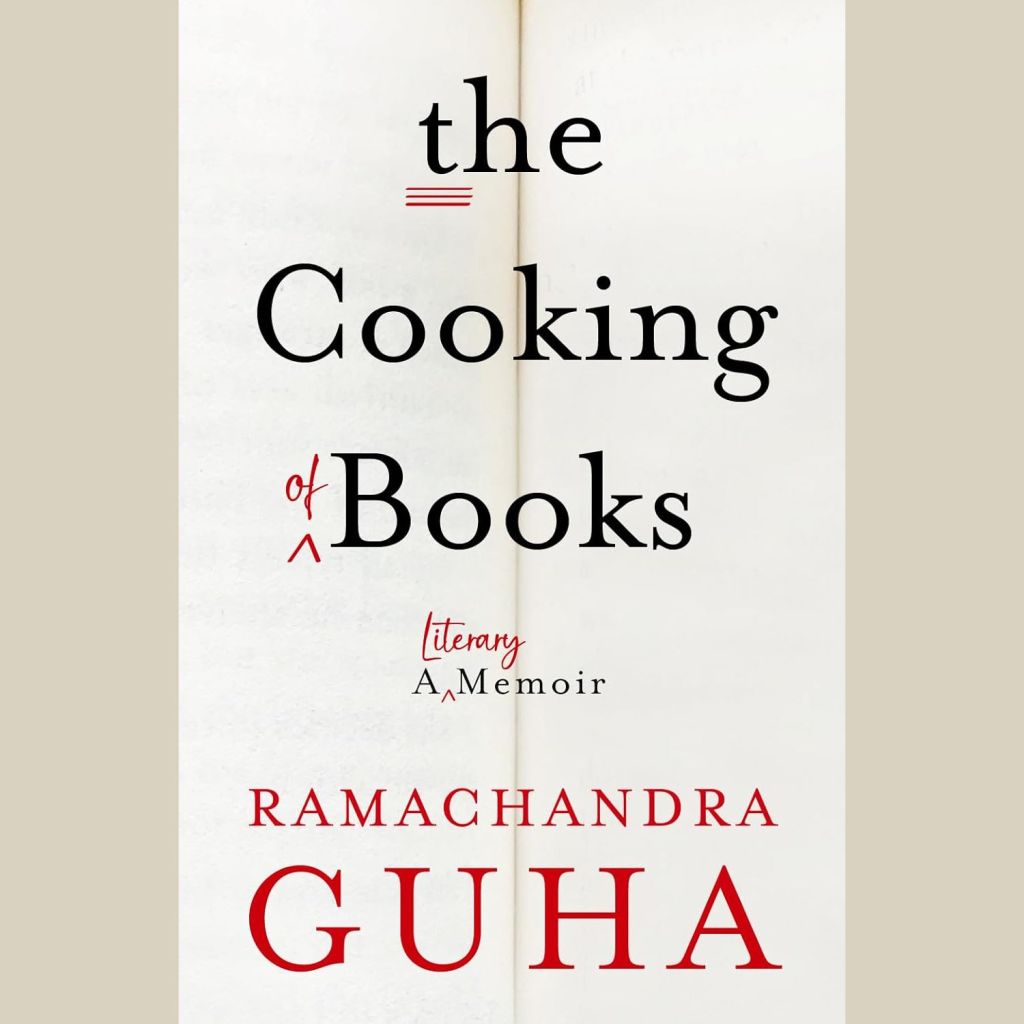
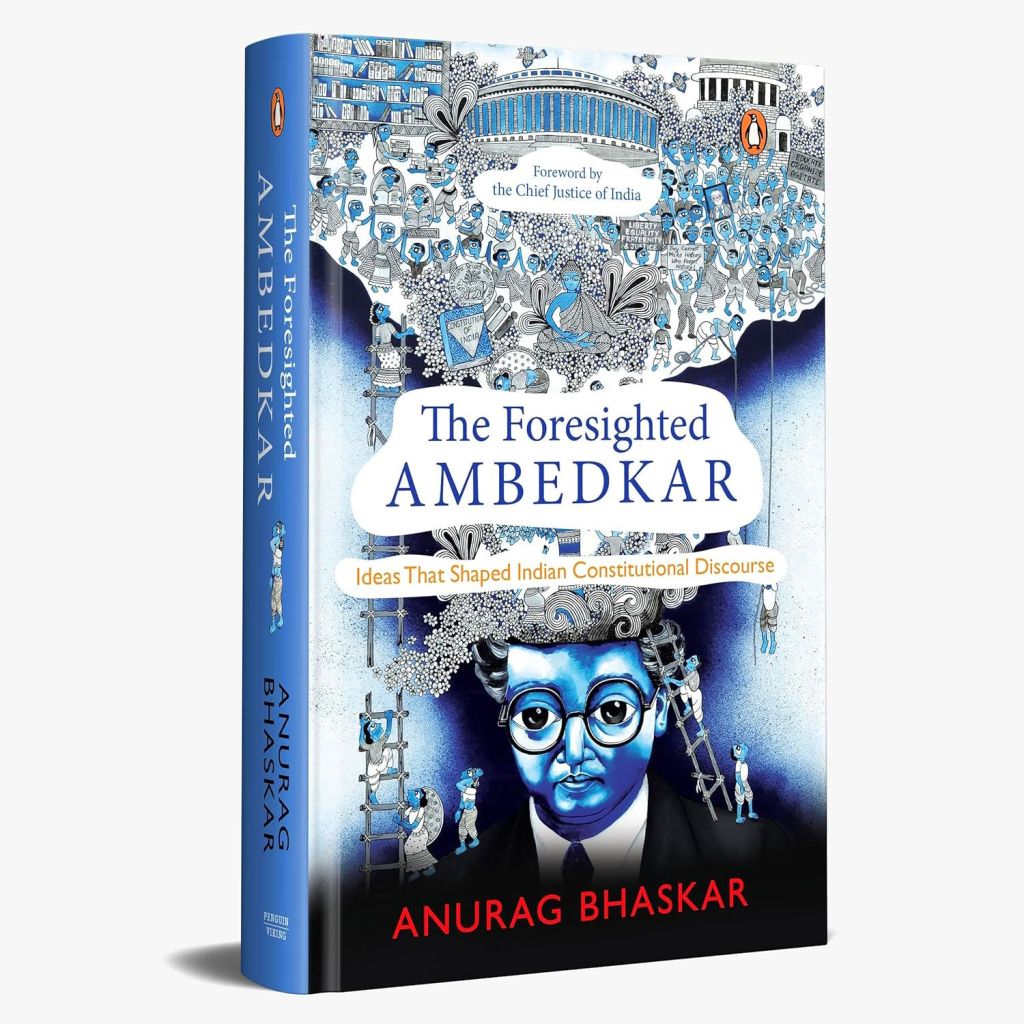
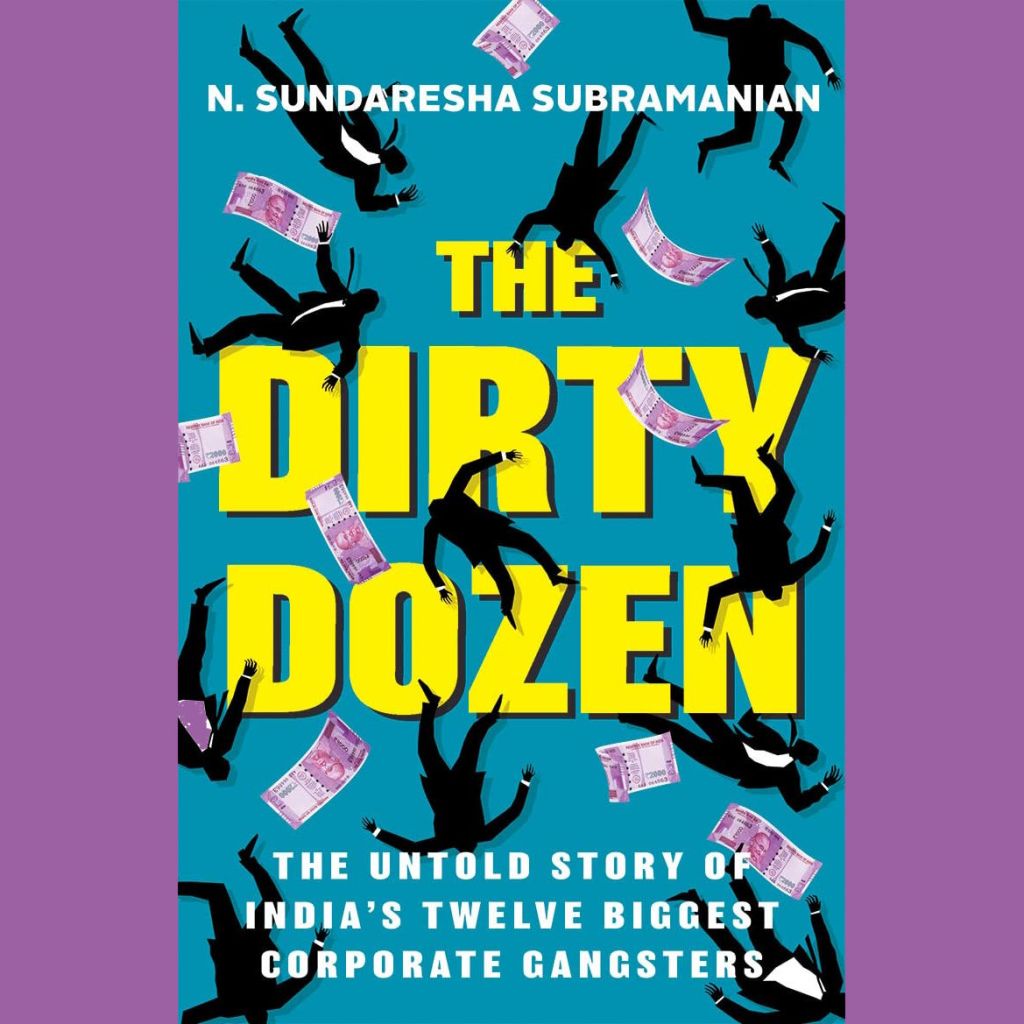
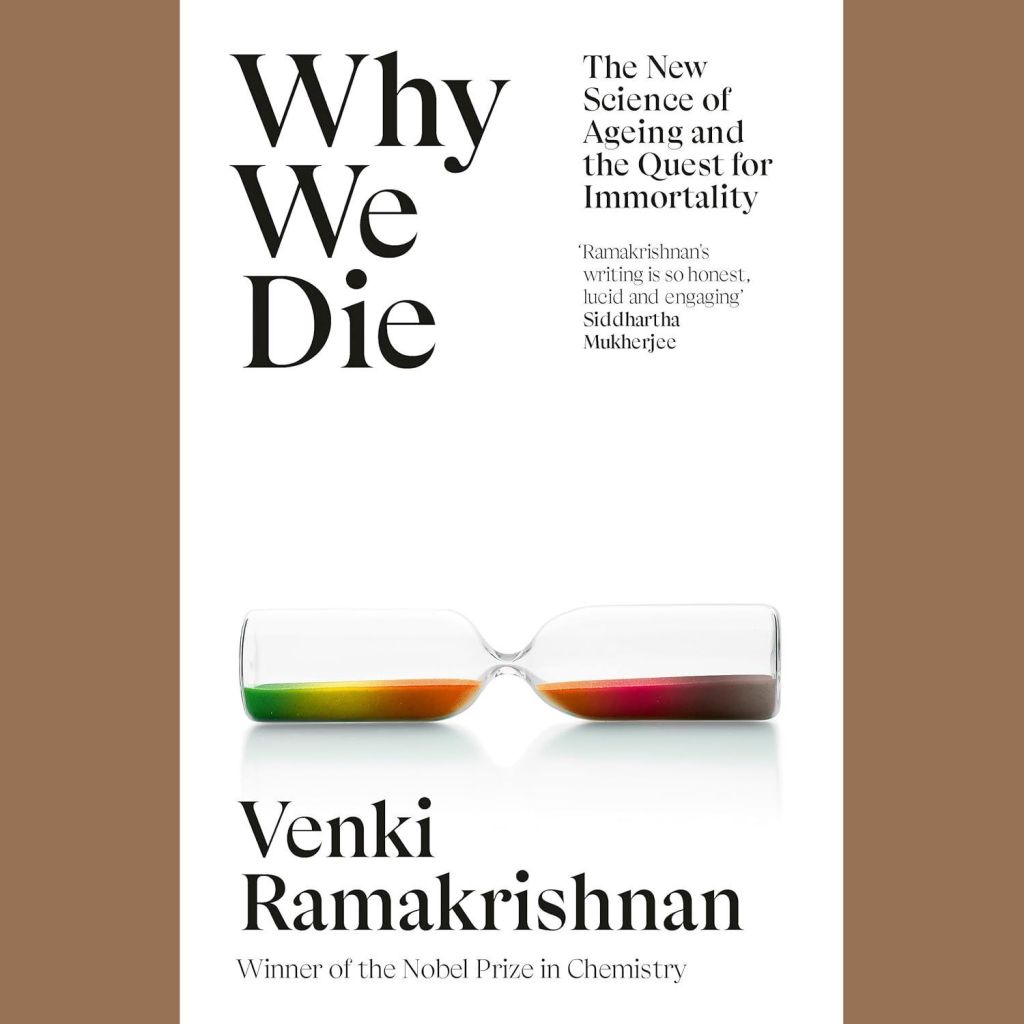
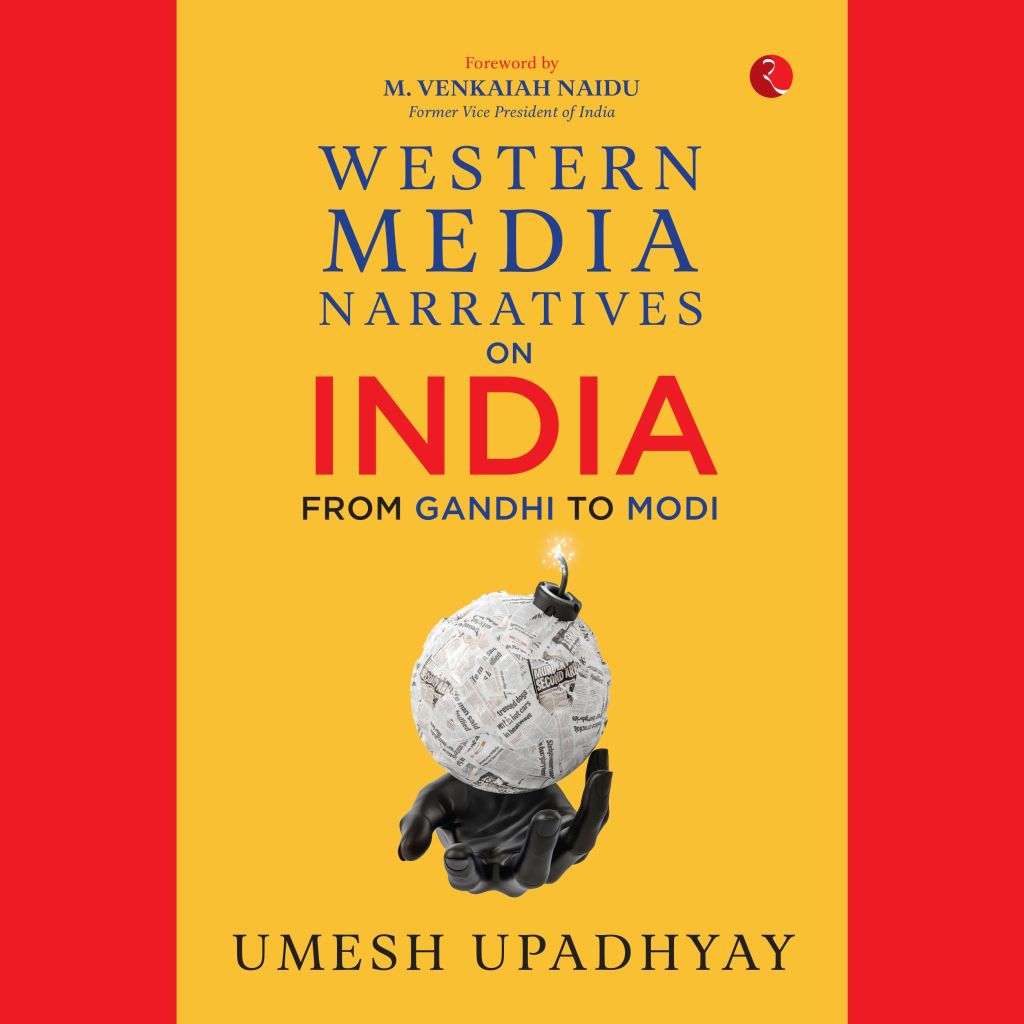
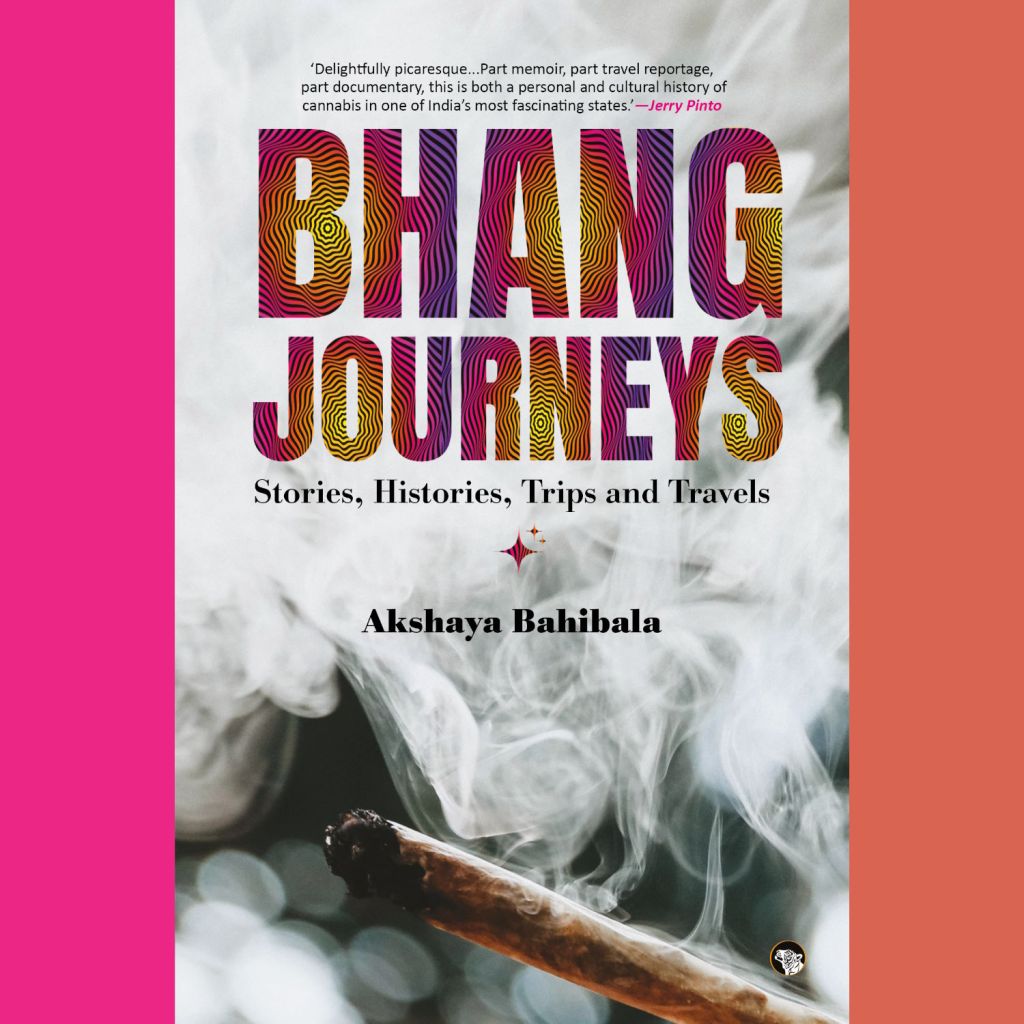
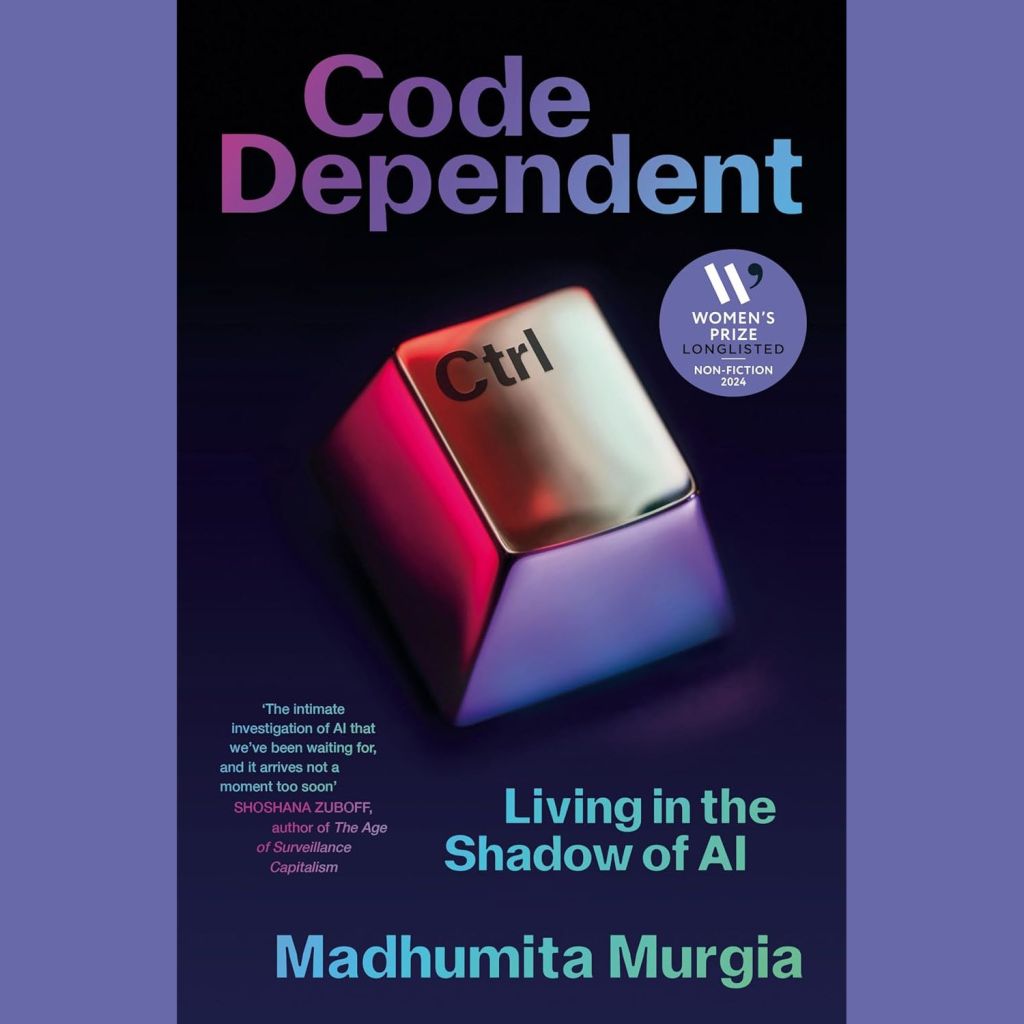
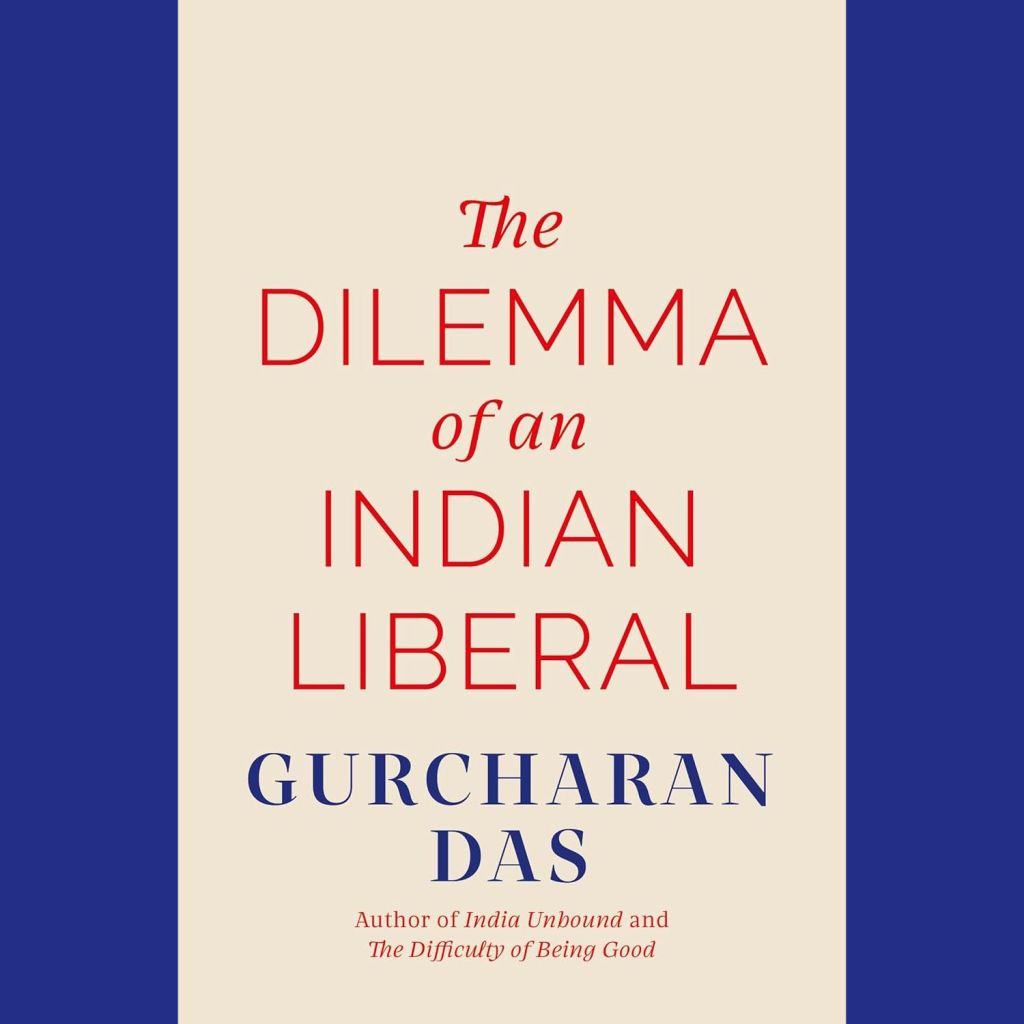
One response to “In Conversation With Chitra Narayanan”
I loved reading the interview with chitra narayanan particularly because some of what she said resonates with me,
her love of some authors like Somerset Maugham and Cronin , Saki whose books I have read and reread , and Anuja Chauhan. I can relate as a former journalist to the battle of Bittora which offers many knowledgeable insights into the Indian political landscape.
LikeLike